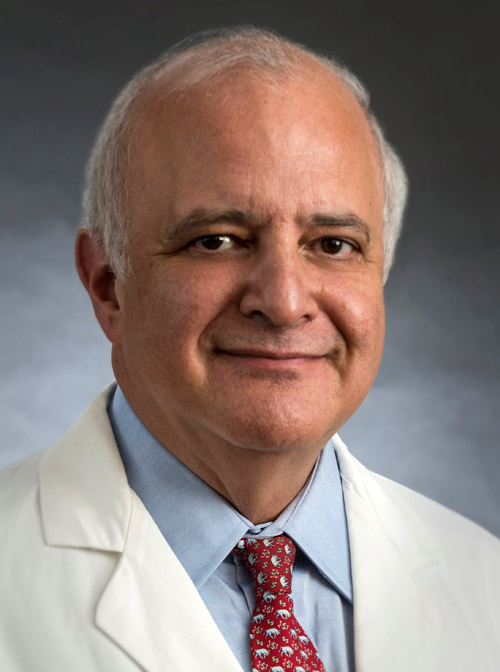Dr. Diaz-Arrastia serves as Contact-PI for Penn NeuroNEXT. He currently the Presidential Professor of Neurology and Director of Clinical Traumatic Brain Injury (TBI) Research at Penn, a position that he assumed in July, 2016. Dr. Diaz-Arrastia received his MD and PhD degrees at Baylor College of Medicine in 1988, and after an internship Beth Israel Hospital and the Harvard Medical School, he trained in neurology at Columbia-Presbyterian Medical Center. He was on the faculty at the University of Texas Southwestern from 1993 to 2011, where he rose through the ranks from Assistant to Full Professor of Neurology. From 2011 to 2016 he was Professor of Neurology at the Uniformed Services University of the Health Sciences (USUHS), and Director of Clinical Research at the Center for Neuroscience and Regenerative Medicine, a federal intramural research program focused on TBI at USUHS and the National Institutes of Health. His research for the past 25 years has focused on understanding the molecular and cellular mechanisms of neuronal injury and neuroregeneration, with the goal of developing novel diagnostic and therapeutic strategies. He has been Principal Investigator on multiple local and national clinical studies in TBI, Alzheimer’s disease, epilepsy, and HIV-related neurological disorders, although for the past several years his focus has been on TBI. He is the Scientific PI for the Brain Oxygen Optimization in Severe TBI (BOOST) Phase 3 trial, recently funded by NINDS as one of the first clinical trials conducted by SIREN (Strategies to Innovate Emergency Clinical Trials Network). He was contact PI for the BOOST Phase 2 trial, and thus have experience in designing and implementing Phase 2 trials that lead to definitive Phase 3 studies. He is also currently co-PI of TRACK-TBI (Transforming Research and Clinical Knowledge in Traumatic Brain Injury), a multi-institutional observational study designed to develop precision medicine tools, including neuroimaging and biomarkers, to improve the design of the next generation of clinical trials in brain injury. He has also served in several national and international committees related to TBI clinical research and practice, convened by the NIH, DoD, and the IOM. He additionally has extensive experience mentoring junior investigators, and over the past 10 years have been primary mentor for four K23 awardees, who have gone on to successful academic careers.

